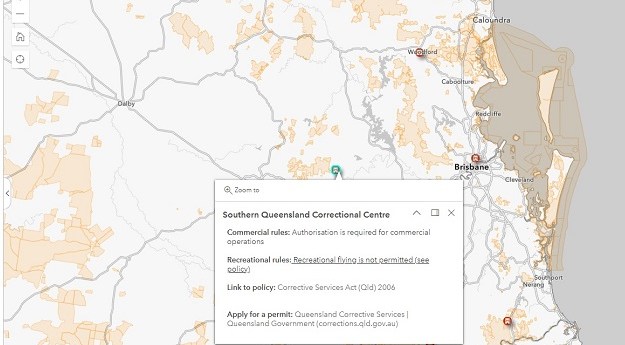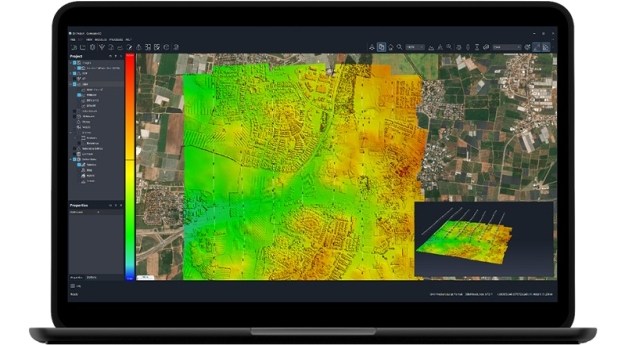
Image courtesy NASA
NASA has widened its contracts with Planet and Spire Global to broaden access to Earth imagery data for US government researchers and collaborators.
The Planet contract expansion gives US civil science agencies such as NOAA, USGS, NSF, and researchers funded by them, access to the company’s PlanetScope and RapidEye satellite constellations.
The expanded contract with Spire Global will enable continuation of its participation in the NASA’s Commercial Smallsat Data Acquisition (CSDA) program. It will see Spire deliver a catalogue of data from its Earth-orbiting small-satellite constellation.
These Spire data will be archived and maintained by NASA as part of CSDA’s Smallsat Data Explorer tool and will be available at no cost to all US federal agencies, NASA-funded researchers and other US government-funded researchers.
“The contracts with Planet and Spire Global are an important step in getting more Earth observation data quickly into the hands of the scientists who help answer the most pressing questions about our home planet,” said Karen St. Germain, director of NASA’s Earth Science Division.
The contract with Planet runs until 12 September 2021 with options to extend for a further two years. The Spire contract runs until May 2022 with options to extend to September 2023.
Stay up to date by getting stories like this delivered to your inbox.
Sign up to receive our free weekly Spatial Source newsletter.












